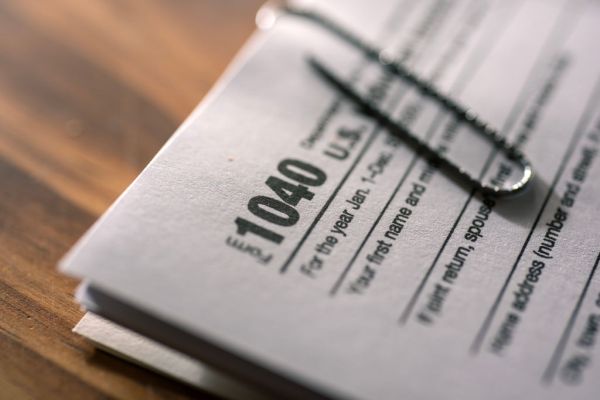Several viral social media posts claim that House Republicans introduced a bill that would reduce Social Security payments for Americans who already receive pensions.
“Here we go… The Republicans in the House introduced a bill yesterday to reduce Social Security payments to anyone receiving a military pension,” reads one post. “Ummm, so House Republicans just laid a bill on the table to reduce social security payments for Americans who receive a pension or disability benefit from an employer,” says another.
The claims are false. Last week, a small number of House Republicans delayed the passage of a bill that would have raised Social Security payments for some Americans, but they did not introduce new legislation. The bill, which eliminates two offsets that reduce Social Security payments for certain beneficiaries, later passed the House in a bipartisan vote.
According to existing U.S. law, certain individuals who receive benefits, including state and local government pensions, get reduced Social Security benefits as part of the government pension offset. The offsets apply primarily to benefits received by a spouse who also has their own pension. In 2023, Republican Rep. Garret Graves introduced a bill that would eliminate this offset, allowing for those pension recipients to also receive full Social Security benefits.
Graves introduced the Social Security Fairness Act (SSFA) in January 2023, alongside seven co-sponsors. By October 2024, the bill had gained 330 bipartisan co-sponsors, and in September 2024, a majority of House members signed a discharge petition for the act—a rare measure that forces a bill out of committee consideration and onto the House floor for a vote.
Despite its bipartisan support, members of the Republican House Freedom Caucus motioned to table the SSFA during a brief pro forma session on November 5, 2024, when most House members were in their home constituencies for Election Day. A motion to table is equivalent to a negative vote on the bill’s passage, meaning the SSFA could be taken up again by the House only with unanimous consent or by using a motion to suspend the rules. A full vote on the legislation was still expected to take place before the end of 2024, however.
On November 12, the House suspended the rules in order to consider the bill and passed it in a bipartisan vote. It will now be taken up for consideration by the Senate.
If you have a claim you would like to see us fact check, please send us an email at factcheck@thedispatch.com. If you would like to suggest a correction to this piece or any other Dispatch article, please email corrections@thedispatch.com.







Please note that we at The Dispatch hold ourselves, our work, and our commenters to a higher standard than other places on the internet. We welcome comments that foster genuine debate or discussion—including comments critical of us or our work—but responses that include ad hominem attacks on fellow Dispatch members or are intended to stoke fear and anger may be moderated.
With your membership, you only have the ability to comment on The Morning Dispatch articles. Consider upgrading to join the conversation everywhere.